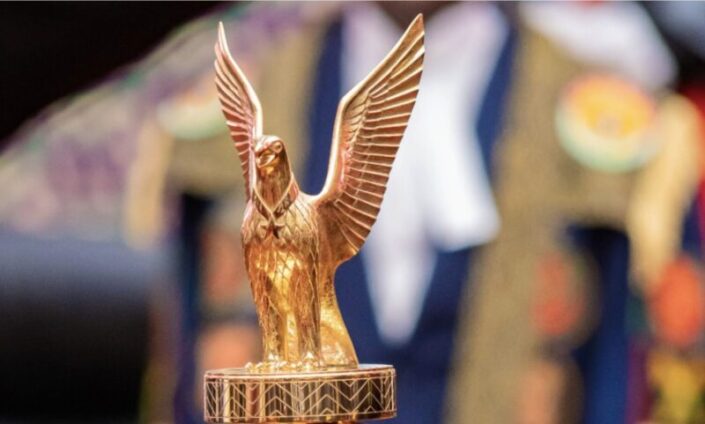Chief Justice Gertrude Sackey Torkornoo has issued new directives to Registrars and Court Bailiffs regarding the proper procedures for serving court processes to key Parliamentary officials.
These include the Speaker of Parliament, Clerk of Parliament, and Members of Parliament (MPs).
According to a circular issued by the Chief Justice, court processes intended for the Speaker of Parliament should be served to the Legal Department of the Parliamentary Service, and only on Mondays during working hours.
For the Clerk of Parliament, processes should be served directly to the Clerk of Parliament between 7 am hours and 8 am hours on Mondays or any weekday from Tuesday to Friday, and this procedure should also apply during Parliamentary recesses.
The Clerk of Parliament is also required to inform the Judiciary of the Parliament’s recess schedule.
Regarding Members of Parliament, the circular specified that court processes should be served directly to MPs on Mondays or Tuesdays to Fridays between 7 am hours and 8 am hours, as well as during Parliamentary recesses.
These directives follow concerns raised by the Speaker of Parliament, Alban Bagbin, who alerted the Chief Justice to potential breaches of Articles 117 and 118 of the 1992 Constitution.
The Speaker had informed the Chief Justice that there were incidents where court processes were being served on MPs, the Speaker, and the Clerk while they were engaged in official Parliamentary duties, which could disrupt their work.
Article 117 of the Constitution states that: “Civil or criminal process coming from any court or place out of Parliament shall not be served on, or executed in relation to, the Speaker or a member or the Clerk of Parliament whiles he is on his way to, attending at or returning from any proceedings of Parliament.”
Article 118 (1) of the Constitution also provides that “Neither the Speaker, nor a member of, nor the Clerk to Parliament shall be compelled while attending Parliament to appear as a witness in any court or place out of Parliament.”
Article 118 (2) also provides that: “The certificate of the Speaker that a member or the Clerk is attending the proceedings of Parliament is conclusive evidence of attendance at Parliament.”
The circular clarified that the provisions in Articles 117 and 118 of the 1992 Constitution ensure that the Speaker of Parliament, Members of Parliament (MPs), and the Clerk of Parliament cannot be served with any court process or compelled to appear as witnesses in court while Parliament is in session.
The only exceptions to this rule are if Parliament is not in session or if the Speaker certifies that the office holder in question was not on their way to, attending, or returning from any Parliamentary proceedings.
Latest Stories
-
Police arrest school proprietor for preventing BECE candidates from writing exam
7 minutes -
Education Minister opens CIHRM 2025 conference
2 hours -
The Pulse & Vbyz Experience: A Galdem DJ Mixtape
2 hours -
Kennedy Agyapong doesn’t need much marketing – Kwesi Kwarteng says ahead of NPP’s 2026 primaries
2 hours -
Maison Yusif shines on global stage at Barcelona Perfume Congress
2 hours -
Shirley Frimpong Manso is perfectionist and doesn’t compromise on that – Joselyn Dumas
2 hours -
We don’t celebrate our own enough – Shirley Frimpong-Manso to Ghanaians
3 hours -
Genesis Foundation launches campaign to tackle Teenage Drug Abuse on June 21
3 hours -
GII urges Mahama to match words with action on anti-corruption commitments
3 hours -
“I Needed to Speak”: Funke Akindele gets candid about loss and mental health
3 hours -
JoyPrime’s TroTro Diaries partners with COMAC to champion fuel quality and road safety
4 hours -
Clara Kukua Savage
4 hours -
GAFOSC in commanding form ahead of decisive UG Corporate League clash
4 hours -
99% of NPP Council members backed early presidential primary – Justin Kodua
4 hours -
Ablekuma North collation: Police playing funny games with us – NPP
5 hours

